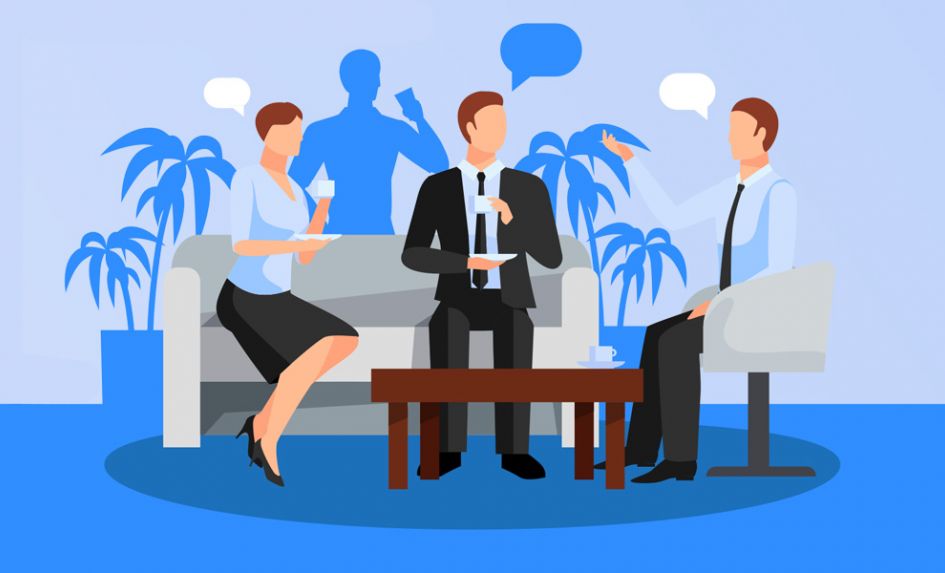 According to dictionary.com, a life skill is “a skill that helps a person function well in adult life”. There are different categories of life skills, such as management skills, technical skills, survival skills, and interpersonal skills. Here are eight basic life skills that everyone can (and should) learn.
According to dictionary.com, a life skill is “a skill that helps a person function well in adult life”. There are different categories of life skills, such as management skills, technical skills, survival skills, and interpersonal skills. Here are eight basic life skills that everyone can (and should) learn.
#1: Budgeting and Money
It’s hard to live life without any money, and being able to budget your money is a necessary skill. Understanding how to create and stick to a budget can save you from overspending and can help you avoid or get out of debt. Balancing your bank account is another component of budgeting and proper money management. Other components include:
- Choosing a tax professional/filing taxes
- Investing
- Organizing financial records
#2: Communication
Effective communication is essential for everyone, whether it’s spoken language, sign language, or body language. Communication is necessary at home, school, on the job, and anywhere else you go. Another part of communication is being able to write. While you don’t have to write an entire thesis or novel, it is important to be able to have a basic understanding of sentence structure and how to do research outside of Wikipedia and Google.
#3: Emergency Preparedness
Being prepared for an emergency is essential for survival. When a disaster strikes— whether it’s a natural disaster or illness— it’s important to know the next steps to take. Examples of emergency preparedness include:
- Basic first aid
- Fire safety and evacuation plans
- Natural disaster evacuation plans
- Surviving without electricity
CPR is another important skill to have, as approximately 30% of people who need CPR receive it from bystanders. “Bad” CPR is better than no CPR at all, but getting a CPR certification after taking a course ensures that you’re prepared to give CPR properly.
#4: Housekeeping
Basic housekeeping skills include cooking and cleaning. Everyone should know how to cook something, even if it’s macaroni and cheese. You don’t have to know how to whip up a gourmet meal, but you should know how to make a basic meal.
The same goes for cleaning— some things should be done daily while others can be done weekly, monthly, or seasonally (about every three months). Examples include washing dishes daily, changing bed sheets weekly, dusting ceiling fans monthly, and doing a deep clean every season.
#5: Interpersonal/Relationship Skills
Knowing how to create valuable relationships with others is an important and useful skill. You’re going to have both long-term and temporary relationships with people throughout your life, starting with your family of origin, your classmates and friends, your coworkers, and possibly a significant other and a family of your own. All of these relationships are different, but there should be mutual respect among all people.
#6: Repairs
You don’t have to hire a professional for every repair that pops up— although there are repairs that are best left to the professionals, such as roof repairs, complex plumbing issues, and all electrical problems. Some basic home repairs can include:
- Caulking a shower
- Fixing a leaky faucet
- Unclogging a sink or toilet
Repairs don’t have to stop inside the house— particularly if you have a car. Basic car maintenance is enough (i.e., knowing when to take your car to a professional for routine maintenance), but knowing how to do basic car repairs yourself is even better.
#7: Self-Awareness
Understanding yourself is something that everyone should be able to do, and it’s easier said than done. Everyone should strive to create and understand their own values, as this helps to guide you through many decisions in life. Having this strong foundation will also help you prioritize what’s most important to you and you’ll be less likely to compromise your integrity.
Another component of self-awareness is knowing how to care for your mental health. Physical health care is easier and often more manageable, but mental health care is being talked about more. For example, knowing the signs of anxiety and other mental health disorders makes it more likely that you’ll seek treatment.
#8: Technology
Finally, basic technology skills are also needed by almost everyone these days. We live in a highly digital world, which makes access to some type of technology possible— if not unavoidable. More than half of the world’s population has access to the internet and half of that number is active on social media, so knowing how to protect your password(s) is important. This is also important even if you don’t have social media.
All of these skills can be learned by almost everyone when put into practice. These are just the basics to help you get through daily life and in the event of an emergency.







